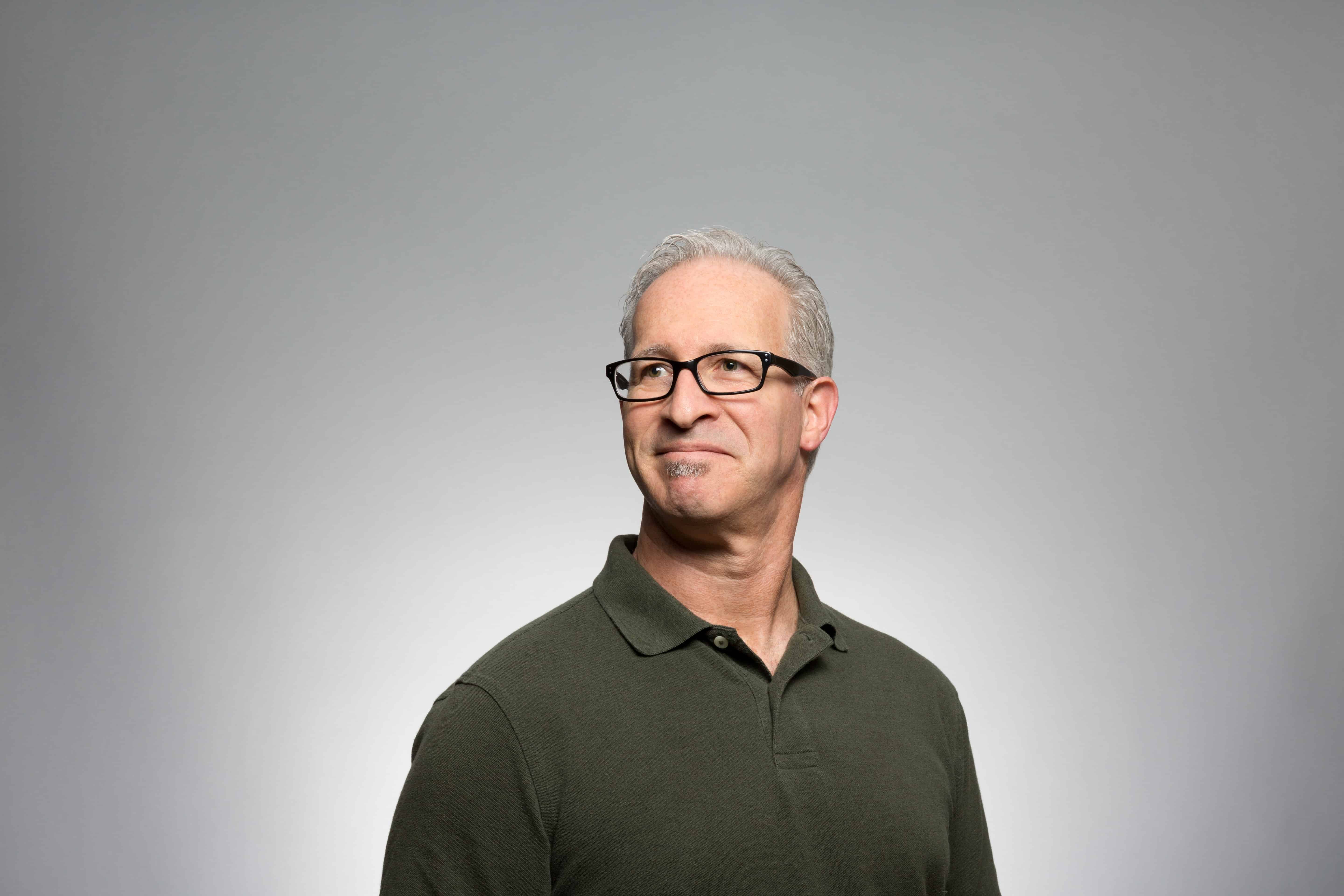“An authentic femininity rarely involves tests or proof of action… Rather, femininity is more often construed as a biological given.
– David Gilmore, Manhood in the Making: Cultural Concepts of Masculinity
“Manhood is not a developmental certainty. Manhood requires social proof.”
– Joseph Vandello, “Precarious Manhood”
One of the very interesting, and underappreciated, things about the differences in the human male and female nature is that femininity doesn’t need to prove itself. Manhood does. This has been long recognized in many academic disciplines: anthropology, sociology, political science and psychology.
Why is this, and why does it matter?
It matters because it reveals something vital about both natures. It really comes down to this:
A good man does. A good woman is.
Manhood is largely an action, a behavior to be demonstrated to the community. Womanhood is more of an essence, a nature to be observed and experienced. Women do not need to prove their womanhood. Men do. It’s why the phrase “make a man out of him” exists in nearly all cultures and is easily understood. There is no similar statement about women.
Leading scholars on the topic explain this bluntly: “Manhood, in contrast to womanhood, is seen as a precarious state requiring continual social proof and validation. …Girls and women do not seem to have the same requirements of social proof to achieve and maintain their essential status as women.”1
Manhood is “a status that must be demonstrated actively”, something “difficult to earn and easy to lose.” Women and girls, they explain, “do not typically have the same requirements of proof in order to achieve and maintain womanhood status.”2
This is because manhood and womanhood are two very real and different things. And not just for the individual, but for society as well.
The Man
A good man is judged by his actions, what he does or fails to do. A good man is honest, steps up, works hard, produces more than he consumes and provides for others. He is self-sacrificing. He stands for truth and defends women, children and the little guy. He is never a bully. A bad man is the opposite of all of these.
The good man knows when and how to be a gentleman and expects other men to do the same. He does not promote himself. He resists passivity, making the right things happen at the right time in the right way. His manhood is demonstrated in what he does and doesn’t do. It is why Harvard’s Harvey Mansfield states “Manliness exists only in its instances.”3 Manhood undemonstrated is nothing.
The Woman
While what the woman does certainly matters, her primary virtue as a woman is not in what she does and doesn’t do but in her essence. Womanhood belongs to her merely by her existence as a maturing female. She has a quiet confidence, modesty and dignity. She expects others to rise to her expectations and guides them in doing so, largely without them knowing it. She expects to be treated with dignity. She is aware of her feminine strength and uses it for good. She wears her beauty with gentle subtlety. She is a complex creature, far more than the male, and doesn’t apologize for it.
Good manhood is something the man must achieve. Good womanhood just is. In fact, only her actions can cast doubt upon her womanhood. This is one of the most subtle but substantial ways in which manhood and woman are different, how they uniquely affect those around them, and this is true across human cultures and experience.
“Manhood refers to a social status and aspirational identity that perpetually needs to be proven; it reflects the embodiment of virtuous characteristics and traits; …it is defined and exists in comparison with expectations of younger males and ideals and expectations of women and womanhood.”4
This is why manhood, as a personal and social quality, is socially more fragile than womanhood. It must be taught, encouraged, and invested in if it’s going to be demonstrated in the life of the growing boy and the benefit of his community.
















